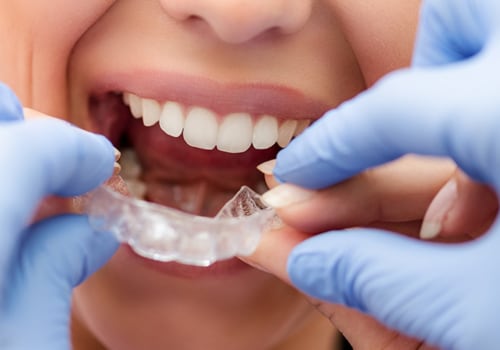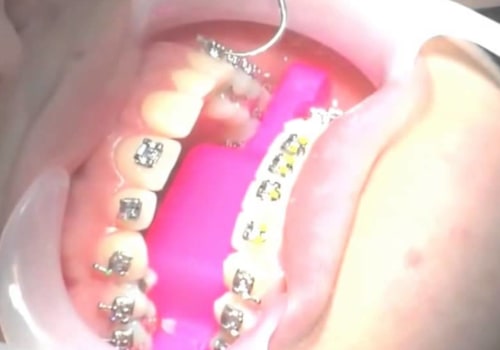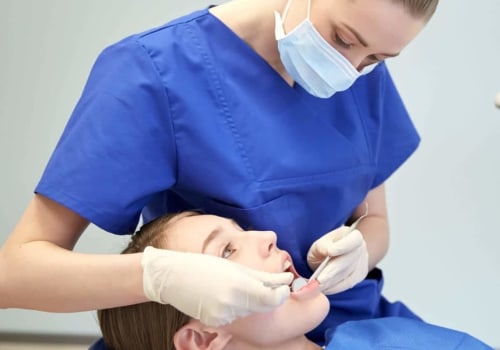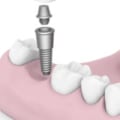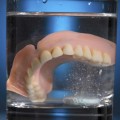For those looking to make the most money in the dental field, oral and maxillofacial surgery is the highest-paid specialty. This branch of dentistry requires additional training of four to six years beyond a degree in dentistry, and in some cases, a master's degree or doctorate. Oral and maxillofacial surgeons diagnose and treat complex dental, mandibular, and facial problems, such as cleft palates, oral cancers, and facial injuries. They may work in a hospital or office setting and are usually referred to by a dentist or general practitioner.
Endodontists are dentists who specialize in diagnosing and treating tooth pain caused by a problem in the tooth's pulp. They perform root canals and other procedures to save and restore teeth, rather than removing and replacing them. Endodontists perform more endodontic procedures than general dentists. An endodontic assistant works with an endodontist to help with scheduling patient appointments, performing x-rays, and assisting before, during, and after a root canal.
The National Indian Health Board Program must receive complete predetermination documents before the client turns 18. Footnote 1 to page 1 for the request to be considered for review (does not apply to cases of craniofacial anomalies). Oral and maxillofacial surgeons are highly specialized dental professionals who use surgery to solve advanced problems. Endodontic assistants help with cleaning the patient's mouth, passing tools to the dentist, and monitoring the patient's well-being and comfort during procedures. For those looking for a lucrative career in dentistry, oral and maxillofacial surgery is the highest-paid specialty.
Endodontists specialize in diagnosing and treating tooth pain caused by a problem in the tooth's pulp, while endodontic assistants help with scheduling patient appointments, performing x-rays, and assisting before, during, and after a root canal.
